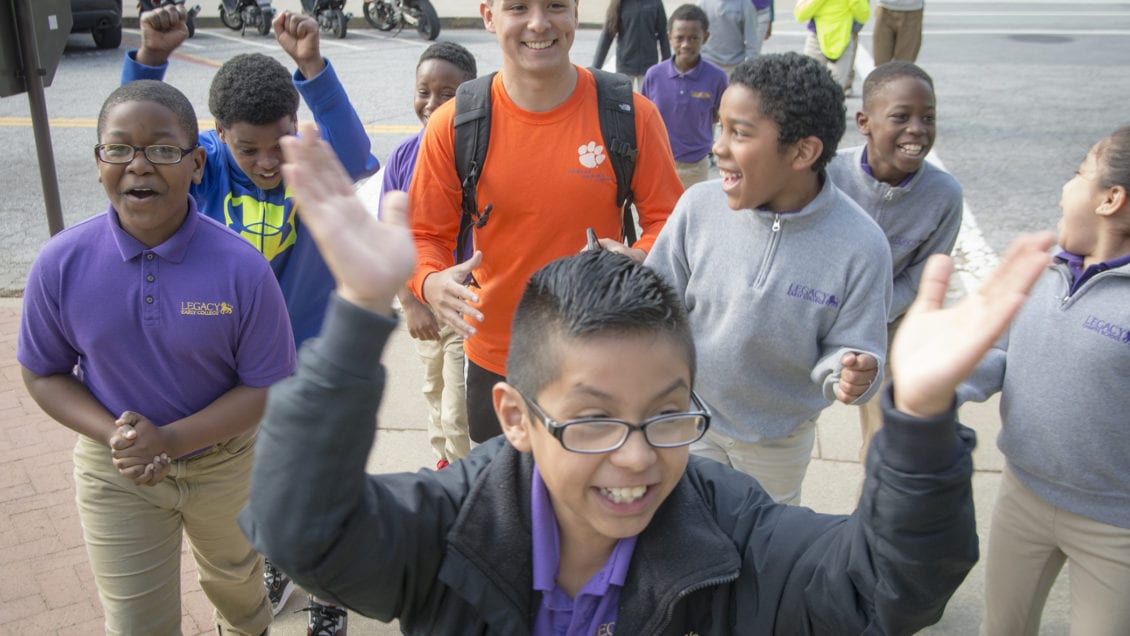It may not seem like it takes courage to go to college, but not all young people grow up in an atmosphere in which higher education is seen as necessary or practical.
Clemson University recognizes the key role it plays in the state of South Carolina in building the state’s talent dividend, according to Lee Gill, the University’s chief diversity officer. Clemson’s strategic development of more than 30 programs and initiatives has increased the state’s outreach to its underrepresented students, inspiring them to set their sights on higher education, supporting them during their college years and helping them land jobs after graduating. Collectively, these programs clear a path that starts as early as elementary school, carrying participants through college and into fulfilling careers as adults.
“When you set your sights on addressing opportunity gaps and providing strategic outreach and support, you are helping your state and the country in a big way,” says Gill. “The state eventually earns a ‘talent dividend’ when these graduates take higher paying jobs in the state, become community leaders, build homes, pay taxes and raise families right here.”
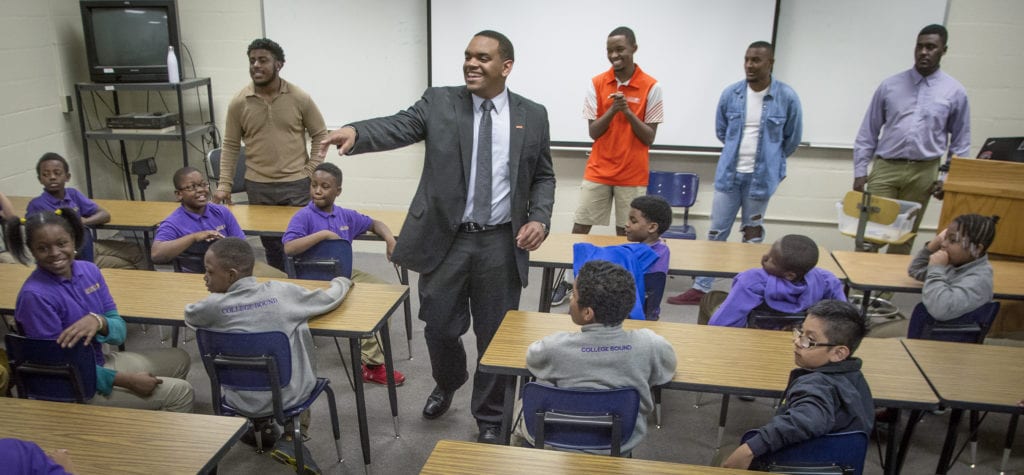
With engagement at the heart of Clemson’s land grant mission, the University is in a unique position to implement an ambitious plan through its Division of Inclusion and Equity. With Extension offices in every South Carolina county; innovation campuses in Greenville, North Charleston and other cities; and six Public Service and Agriculture research and education centers from the main campus to the coast, Clemson’s campus is truly the entire state reaching both urban and rural potential students.
The effort to reach students begins as early as second grade, with campus tours hosted by the College Preparation and Outreach office in collaboration with the Tiger Alliance, Emerging Scholars and Call Me MiSTER programs.
While example programs target similar demographic groups, each has a specific, strategic goal:
- Call Me MiSTER promotes youth from diverse backgrounds to become teachers and principals in underperforming elementary schools.
- Emerging Scholars nurtures students from underserved communities in developing pathways to higher education.
- Tiger Alliance seeks to increase college graduation rates by empowering and enlightening African-American and Hispanic young men by emphasizing the importance of education.
- PEER/WISE supports youth with science and engineering aspirations.
Upon acceptance to Clemson, outreach turns to support. Strategic programs help support the undergraduate student by maximizing the impact of their college years. Program participants become mentor-leaders in turn.
Five current and former program participants who dared to step out of their comfort zones provide ample evidence of the transformative power of higher education.
Alphonso “A.J.” Richard’s mother encouraged him to join the Call me MiSTER program in high school because she knew he was already leaning toward becoming a teacher.
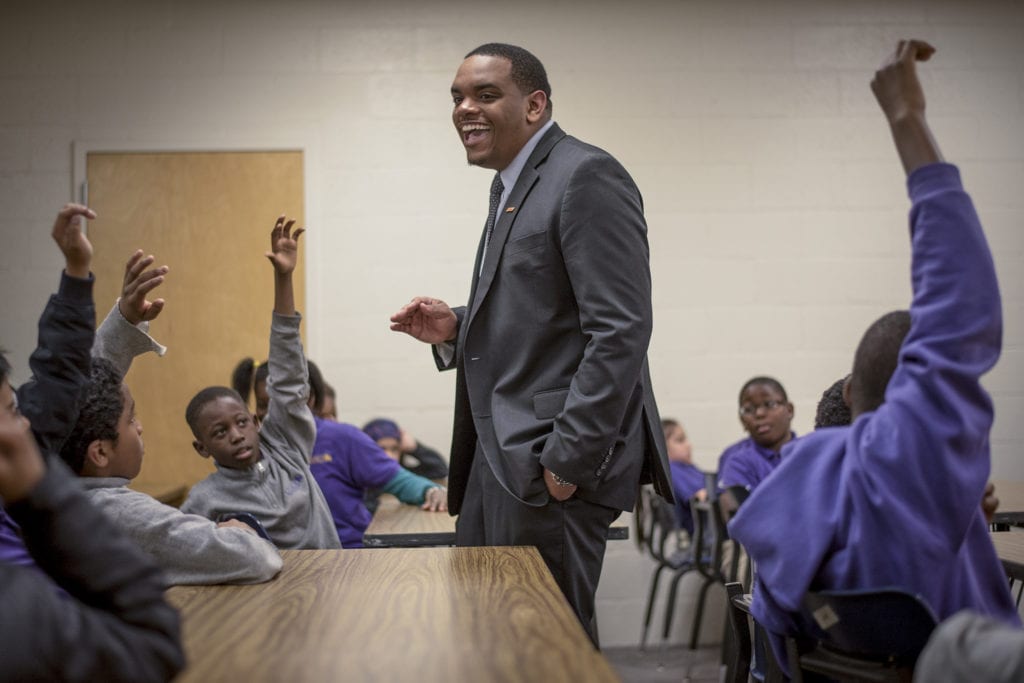
“I think Call Me MiSTER was the most transformational experience I’ve ever had,” said Richard. “It allowed me to challenge myself, grow and ultimately develop into a better individual and educator. I had the opportunity to have experience in the classroom, gain wisdom from educators in the field about life and teaching, bond with a group of men who come from different backgrounds but share the same goal of being change agents for our next generation, and so much more.”
Richard served as president of Call Me MiSTER for the last two years as an undergraduate. He is currently part of a teacher residency program, co-teaching a fifth-grade ELA/social studies class at Palmetto Elementary School in Williamston while pursuing a master’s degree in teaching and learning. He said the lessons learned in Call Me MiSTER have already proven invaluable for his teaching career.
“As an educator, I feel prepared for any situation,” he said. “I have grown a sense of value in building relationships as well, which has translated to a positive learning environment within my classroom. What I learned through MiSTER is that you can’t settle for just enough. You have to continually challenge yourself to achieve more, because it affects not only you but the people around you. I could literally write a book about what the program means to me.”
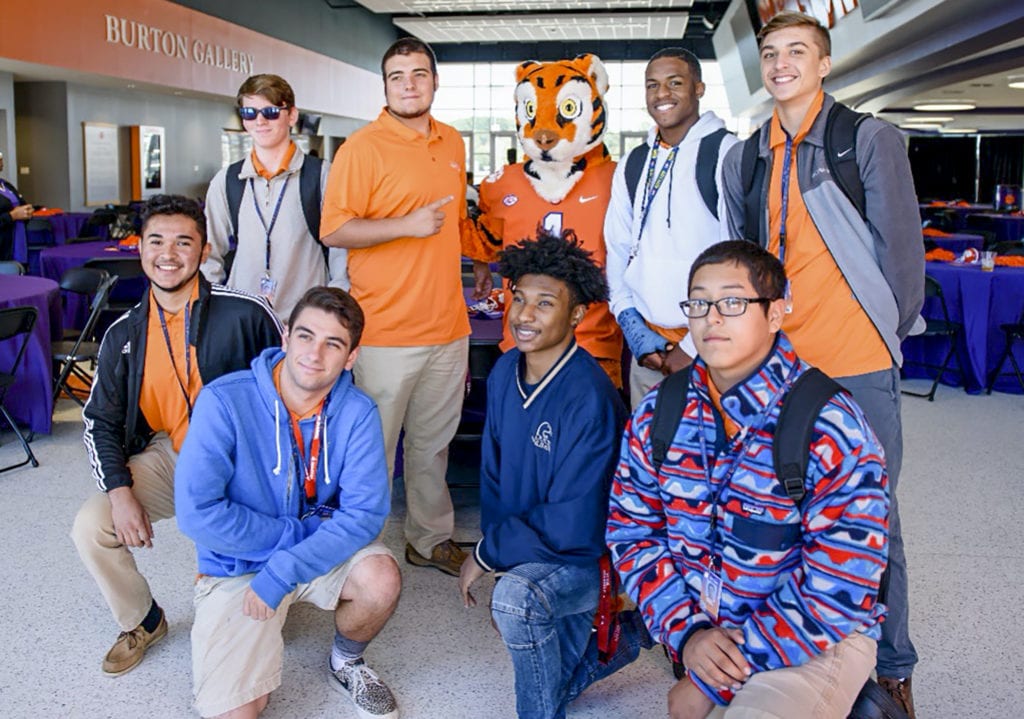
Clemson undergrad Jose Rodriguez went through Tiger Alliance while at Carolina High School in Greenville. He said his mentors in the program had a huge influence on his life by ushering him through the application process to become a first-generation college student. Now a junior at Clemson studying Spanish and international health, Rodriguez works the other side of the coin, mentoring students as a Tiger Alliance ambassador and helping them navigate the college application process.
“As a first-generation college student, I know how important it is to have a mentor in your life who can guide you in the right direction,” he said. “The process of applying to schools and then actually being in school can be extremely difficult. I am just grateful I can help students navigate this process.”
Iman Johnson went through Emerging Scholars as a student at Allendale-Fairfax High School. The program gave her the momentum to earn a Bachelor of Arts in communications from the University of South Carolina Upstate in 2018. She returned to Clemson as a staff member and is currently the program assistant and community outreach coordinator for the Office of College Preparation and Outreach. She’s come full circle and now works with both the Emerging Scholars and Clemson Career Workshop programs.
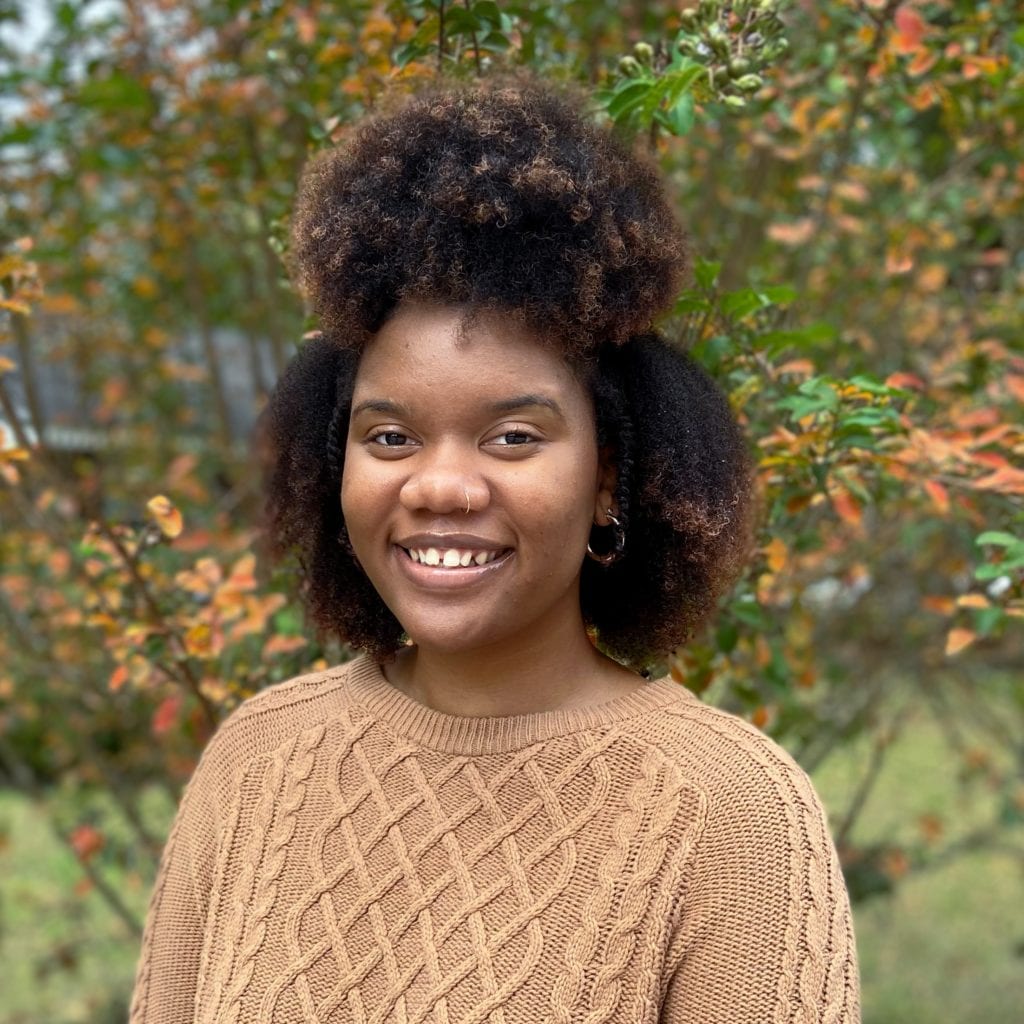
Johnson loved the summers she spent on the Clemson campus in her high school years as an Emerging Scholar. The program taught her the ins and outs of the college experience, but even more about herself. It’s an experience she wants to share with the new generation of underrepresented students who might just need that small spark to ignite ambition.
“Before attending the Emerging Scholars program, going to college was a goal, but the skills and foundational tools I picked up while on campus helped make that goal a reality,” Johnson said. “Every class and activity we participated in pushed us out of our comfort zone and challenged us, and even though I was nervous, I rose to the occasion. Being in the program gave us the courage and know-how to make those next steps confidently. I established friendships and mentorships with people that I still keep in contact with today. We weren’t just students in a college-access program. We were a family.”
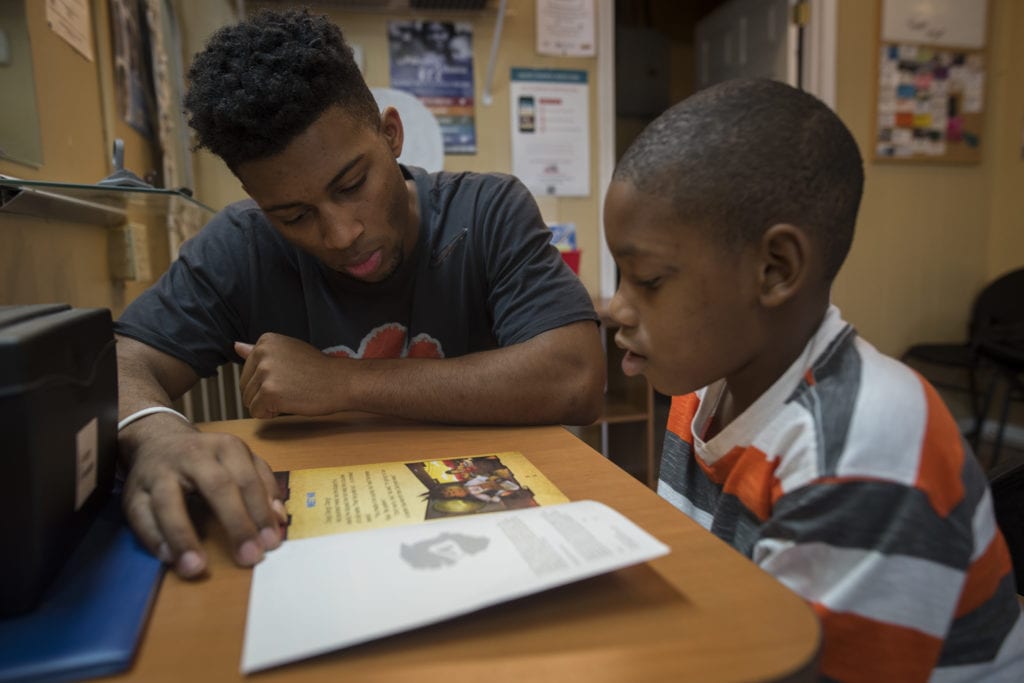
The sense of family is something Clemson’s college access programs strive for and continue with programs that help support students when they get to college. Several of them operate outside of the Division of Inclusion and Equity, including the ClemsonFIRST Generation Success program, which operates in the Division of Academic Affairs and the Office of Undergraduate Studies. FIRST helps ensure success for students who are the first in their families to attend college by offering them a strong support system. Clemson currently has more than 2,300 first-generation college students, representing 12 percent of the total undergraduate student body.
Jushawn Macon, who graduated in 2019 with a degree in electrical engineering, participated in the FIRST program the summer before he started at Clemson. He said the chance to form strong bonds with other incoming first-generation students was incredibly important, especially during the first year.
“Being a mentee in the FIRST Program helped me to feel a sense of belonging,” said Macon. “No matter who I met in the program, we had at least one common experience. It helped me find my place at Clemson.”
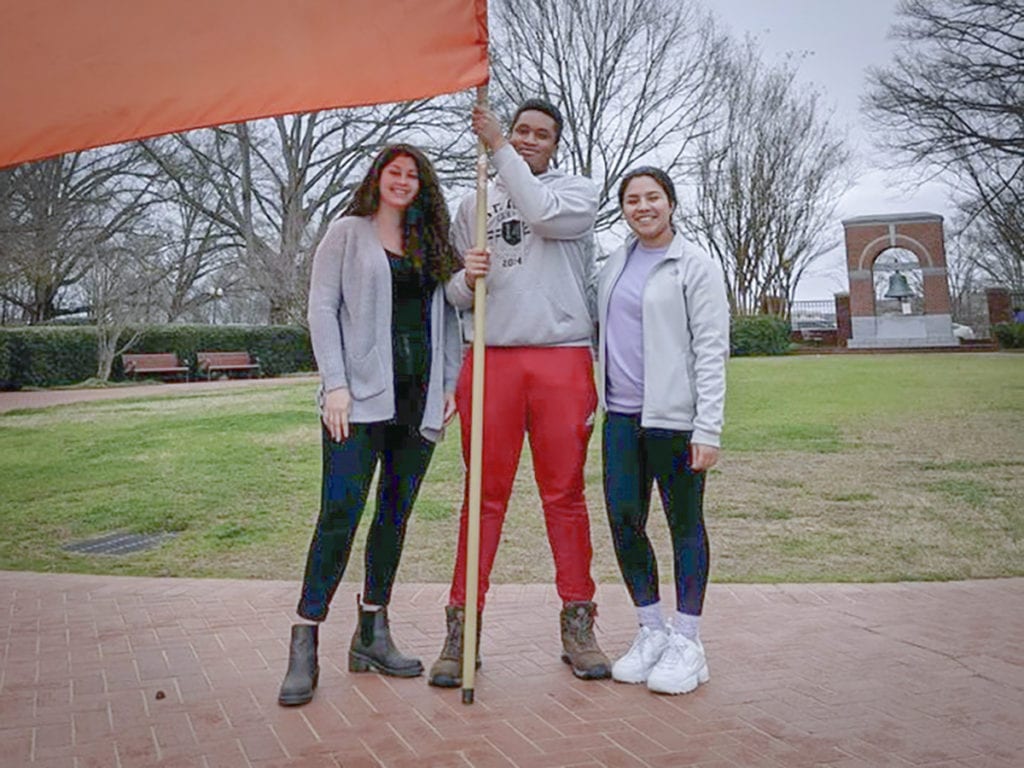
FIRST participants are paired with mentors in the same field of study and many become mentors themselves when the time comes. Macon saw the true value of the program when he became a mentor himself.
“I was able to build up my interpersonal skills by interacting with people from different backgrounds because we had one very important piece of our identity in common,” he said. “These are people I probably wouldn’t have had any interaction with otherwise. I was also able to grow as a leader.”
Macon said his confidence grew as he became a mentor, taking on responsibilities like hosting review sessions, coordinating intramural sports and taking on more responsibilities in the program as the years progressed. He developed his communication skills by interacting with his mentees and other FIRST members during trips, team building retreats and every day in their lounge as students supporting each other through their common academic and personal struggles. By the time FIRST participants graduate they’ve bonded with their mentors to the point of being family. It’s a relationship that lasts long after they fly the coop.
“Going on seven years later, I still lean on my mentor for advice regarding graduate studies and life in general,” said Macon, who is a graduate student in Clemson’s School of Mathematical and Statistical Sciences.
At the end of the college journey, initiatives like the Corporate CDO Advisory Board (CDOAB) are invaluable resources for graduating seniors transitioning into the workforce. Made up of diversity officers from Fortune 500 companies that include Boeing, Walmart and GE, the CDOAB was established to inform faculty and students about global competencies necessary for success in today’s workplace. They provide students with a pipeline of opportunities into their organizations, which are some of America’s most successful corporations.
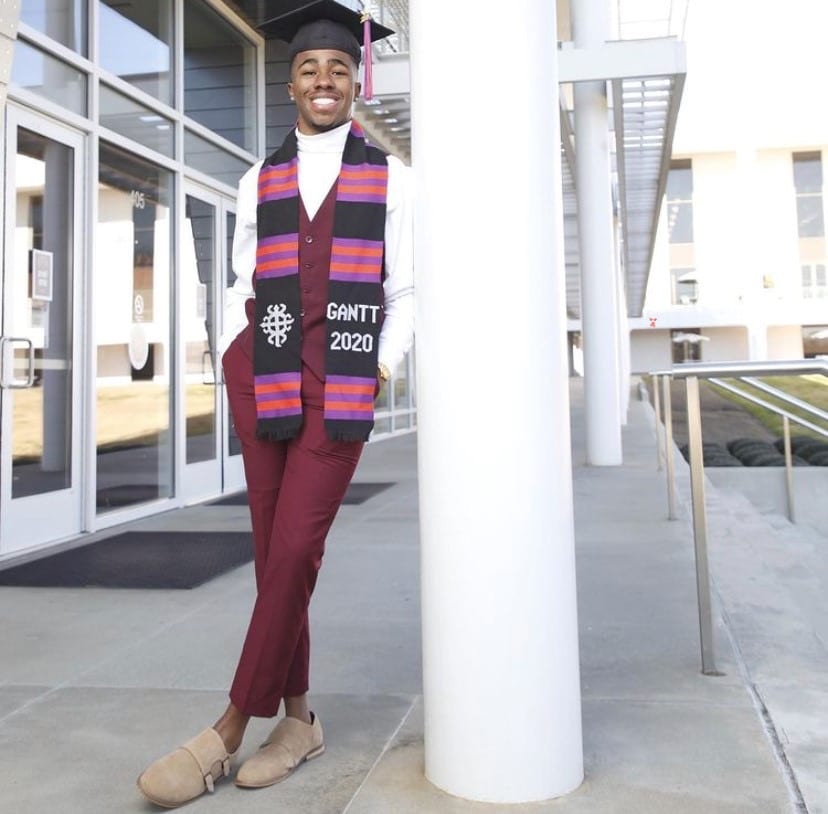
Clemson graduate Raylan Dawkins, who earned a degree in mechanical engineering in 2020, became involved in the Tiger Alliance, CONNECTIONS and PEER/WISE programs as an undergraduate. Upon graduating he used connections through the CDOAB and is now a thermal design engineer for GE.
“My experience was amazing in all of these programs,” he said, noting that he found out about them mostly through word of mouth. “As my participation grew, they truly became my family. They helped me feel like Clemson was my home away from home.”
Dawkins said being involved in programs was invaluable to his professional growth, but echoed Macon, Johnson, Rodriguez and Richard in saying the greatest rewards came in his last years of college, when he was able to make the transition from mentee to mentor.
“Through mentoring college and high school students, I realized I had value to give back; not only to the students at Clemson but also the community around me. I’m able to give back to the community that raised me.”

